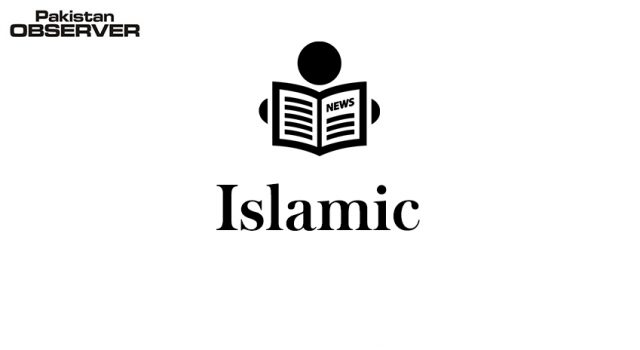Nyra Mahmood
In December 2016, Simply Sharia Human Capital (SSHC) produced the first industry report dedicated to the role of women in Islamic finance and the Islamic economy as finance professionals, entrepreneurs, scholars, educators and millennials. The report recognized and celebrated the many achievements and contributions women have made across the Islamic economy sectors and the professional landscape.
As a means of raising awareness of the vital contribution women make to Islamic finance and the Islamic economy sectors, the report galvanized the voices of women and men in showcasing their lived experiences and the need for improvement and change towards gender diversity, inclusion and representation.
So, in just over three years, how much improvement and change have the Islamic economy sectors embraced in gender diversity and inclusion? Where have we driven transformations and made strides towards better representation of women? And are we taking advantage of embracing the economic benefits of full gender parity, which in the GCC alone would add 32% to GDP or $830 billion into the economy by 2025?
POSITIVE CHANGES
In the last three years there have been positive changes in both the visibility of women in Islamic economy sectors and some Organization of Islamic Cooperation (OIC) countries taking measures to support and enable female entrepreneurship, work towards closing the gender gap and recognizing the importance and strength of women’s economic empowerment.
Female entrepreneurs have been fundamental to the growing success across Islamic economy sectors. Women from MENA, Sub-Saharan Africa, Europe, Asia and the U.S. are defying stereotypes, creating Muslim-friendly brands and building their own spaces in male-dominated sectors like technology.
If there is anything that rings true, it’s that women are doing it for themselves. And there is no place quite like the internet, which has given women the access to pursue their entrepreneurial journey. Unshackled from some of the constraints of working in the corporate world, including cultural and societal barriers, safety, juggling family and costly transport – the tech world has served as a meritocratic playing field. So much so, that one in three start-ups in the ‘Arab World’ are founded or led by women. Further, Kuala Lumpur, Jakarta and Istanbul are included in the top 50 global cities to be able to attract and support women entrepreneurs, according to the Dell 2019 Women Entrepreneur Cities (WE Cities) Index.
A Report by Al Masah Capital Limited asserts that over 25% of new start-ups are founded by women in the GCC, managing $385 billion through small and medium enterprises (SMEs).
We have also seen a rise in women across the modest fashion sector with Turkey’s Lale Tuzan, co-founder at Modanisa, catering to women in 75 countries with an estimated company revenue between $120 million to $150 million. Female founders like Melanie Elturk, who went from civil rights lawyer to the owner and CEO of Haute Hijab, recognized the strong connection between sustainability, faith and the empowerment of Muslim women. Elturk secured $2.3 million in their latest funding round, while Ghizlan Guenez of UAE-based The Modist completed a $15 million funding round in 2018 led by Vaultier7, the UK’s first female-led specialist private equity fund focusing on beauty and lifestyle and received investments from Farfetch and Annabel Investment Holding, the private equity company of Nicola Bulgari, Vice-chairman of jeweler Bulgari Group. With Muslim expenditure on fashion expected to rise to $402 billion by 2024 we see a representative sector, where women are taking control of their own narrative and redefining their role in society as entrepreneurs, employers and influencers.—(Courtesy: SalaamGateway)










